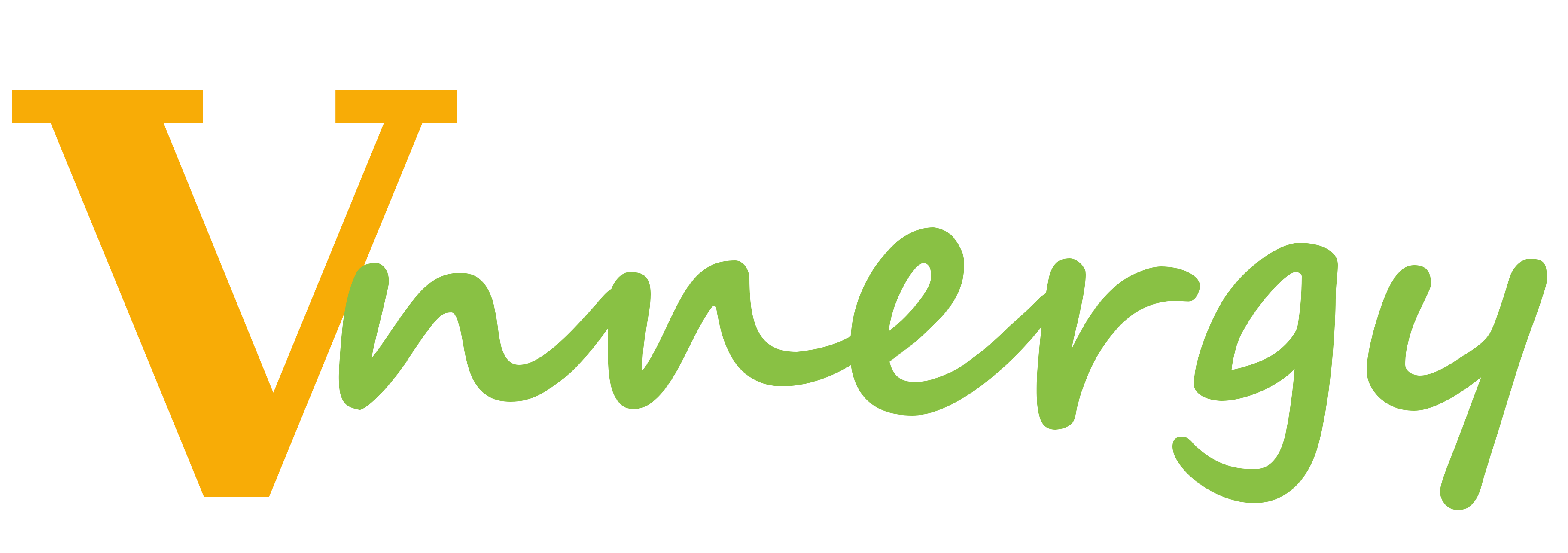
- admin
- July 30, 2019
- 1:24 pm
How to Prevent Your High Performers from Burning Out
High-performing employees are an average of 400% more productive than the typical employee. Their extreme productivity makes them assets to any project – a trait that many leaders don’t realize is a double-edged sword.
Due to their eagerness and ability to excel, high performers are often pressured to take on unsustainable workloads which leaves them significantly more likely to burnout than their average-performing peers.
An article in the Harvard Business Review, reports that high performers struggle to maintain a healthy work-life balance because:
 A lot of managers take a hands off approach to managing high performers since they believe the best way to enable their top employees to succeed is to stay out of the way. This practice is damaging for three reasons:
A lot of managers take a hands off approach to managing high performers since they believe the best way to enable their top employees to succeed is to stay out of the way. This practice is damaging for three reasons:
- They’re assigned their team’s hardest projects and rarely get breaks between challenges
- Others are constantly asking them for help
- They’re expected to mentor less skilled team members
Use These Ideas to Prevent Burnout on Your Teams
Give Them Someone to Delegate All of Their Low Value Tasks To
Research published in Harvard Business Review found that knowledge workers spend an average of 41% of their time on low-skilled tasks that don’t require their authority or expertise. This is a major driver of burnout since your high performers are forced to work long hours on tasks that are boring and distract them from the challenges they’re trying to solve. If possible, empower your top performers to offload all of their simple but necessary tasks to entry-level employees or interns. This frees up their time to focus on challenging projects and gives your junior workers experience with the responsibilities of senior employees. If your team doesn’t have interns or entry-level employees that your top performers can delegate tasks to, hiring a virtual assistant can be a cost-effective way to empower them to focus on the tasks that drive their assistant. A VA can tackle a variety of tedious tasks including:- Data entry and cleaning
- Document formatting
- Expenses and travel management
- Inbox management
- Plus almost any other process-driven task
Help Your Team Succeed
Get This Guide For Free Download NowBuild a Robust Knowledge Management System
As the most skilled members on their teams, high performers often get tons of questions about how to do projects and troubleshoot issues. If left unmanaged, this can be a significant drain on their time and pull their focus away from their projects. Building a knowledge management system is one of the most effective ways to solve this issue. Whether you use a wiki, set up an LMS or even just make an FAQ Trello board, creating a space for your top performers to document their knowledge lets others learn from their expertise without constantly interrupting them with questions. Here are some of the sections you need to include:- All the basic information that a new hire needs to know (general policies and procedures, instructions on how to use your software, etc.)
- Step by step guides on how to complete common projects
- Best practices and suggestions for how to solve problems that arise
- Links to other resources that employees can leverage
How to Boost Productivity with a Knowledge Management System
Have 1:1’s With Your Top Performers
 A lot of managers take a hands off approach to managing high performers since they believe the best way to enable their top employees to succeed is to stay out of the way. This practice is damaging for three reasons:
A lot of managers take a hands off approach to managing high performers since they believe the best way to enable their top employees to succeed is to stay out of the way. This practice is damaging for three reasons:
- High-performing employees are often reluctant to go out of their way to ask for help. If you don’t have 1:1’s with them, they likely won’t reach out to you when they’re struggling.
- They may not see you as an authority figure. If you’re not meeting with them regularly to discuss their projects, they’ll assume they have free reign and may make decisions that boost their performance but may not necessarily align with your organization’s broader goals.
- They’ll lack access to professional development opportunities that are critical for sustaining their motivation. Even though high performers are great at what they do, they still want training, mentoring and other resources to help them advance their careers. 1:1’s provide the best opportunity for you to help them advance their skillset.
- Their ideas about to achieve your team’s ambitious goals
- How to solve team and/or company-wide issues
- Their thoughts on adopting new tools
Involve Them in the Project Planning Process
Researchers have found that finding meaning in work is one of the greatest predictors that employees will remain engaged at work and avoid burnout. Though you may need your high performers’ talent to solve your team’s most difficult challenges, you should involve them in the planning process to decide which ones they take the lead on and how your team approaches solving them. There are two ways you can help your top performers work on projects they find meaningful:- Discuss their goals, project ideas, and interests in your 1:1’s. This gives you an idea of what challenges they’d be most excited about and helps you tailor their workload to include projects that help them avoid burnout.
- Host project planning meetings with all of your top performers. In the meetings, share your team’s top priorities and ask your employees to brainstorm the projects needed to achieve them. At the end of the meeting, have everyone claim which parts they’re responsible for.
Create a Structured Mentorship Program
Studies show that most top performers get a sense of fulfillment from mentoring junior employees. However, if there isn’t a formal structure, supporting less skilled colleagues can overburden your top employees. To prevent mentoring from contributing to their burnout, 70% of the Fortune 500 have formal mentorship programs that constrain the scope of mentoring responsibilities so they’re manageable. Here are some tips to create yours:- Assign your high performers a maximum of two employees to mentor. This prevents a single individual from being the go-to person for half your team.
- Set guidelines around the frequency and length of mentoring sessions. Setting expectations prevents junior employees from constantly bombarding top performers with requests.
- Instruct your top performers to focus their mentoring sessions on teaching their mentees critical skills and knowledge through direct teaching or helping them with projects. This is the best use of their time since it enables less skilled employees to start taking on greater responsibilities. HR and/or their direct managers can provide career advancement mentoring.
Categorized
Posts you might also like...

6 Leadership Quotes on Delegation to Inspire You to Greatness
February 5, 2023

How a Delegative Leadership Style Improves Team Success
February 5, 2023

How to Use MOCHA to Delegate Effectively
February 5, 2023
Copyright 2023. All Rights Reserved by Quickskill – Powered by 

